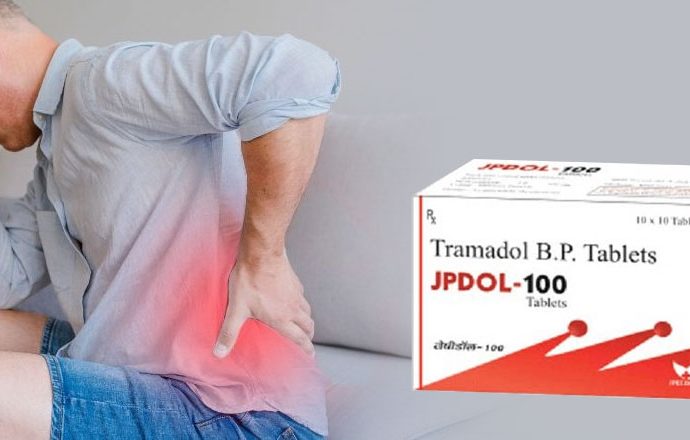Chronic pain
Chronic pain is a kind of pain that lasts for over three months and can happen anywhere in your body. It can interfere with your daily activities like as working, having a social life, and taking care of yourself or others. It can lead to trouble sleeping, anxiety, and depression which can make your pain worse. Chronic pain differs from another type of pain which is called acute pain. It continues long after you recover from an injury or illness but sometimes it even happens for no obvious reason.
What causes chronic pain?
There are several types of chronic pain caused by a bone, muscle, or joint condition, nerve pain, and pain due to cancer. It can also be caused by illnesses like arthritis, osteoporosis, migraine, and other musculoskeletal conditions, or after an injury or surgery. If you have an injury, nerves carry signals from the injured part of your body to the brain and tell the brain that there’s a problem. But in chronic pain conditions, the nerves that carry pain signals to the brain, or the brain itself, are behaving in an unusual way. The nerves might be more sensitive than the brain which might be misreading other signals as pain.
How can we treat chronic pain?
Doctors first try to identify and treat the cause to relieve chronic pain. They treat chronic pain in many different ways that depend on many factors like the type of pain you have, the cause of your pain, and your age and overall health. The best treatment plans use a variety of strategies like lifestyle changes, medications, and therapies. If you are suffering from depression and chronic pain or anxiety then it is important to seek treatment for your mental health condition.
What tests are used to diagnose chronic pain?
Your doctor will physically examine your body and order tests to look for the cause of the pain. They may have you undergo tests such as imaging tests, such as X-rays and MRI, blood tests, nerve conduction studies to see if your nerves are reacting properly, reflex and balance tests, electromyography to test muscle activity, spinal fluid tests, and urine tests.
Chronic Pain Management and Prevention
Prevention is the most important part of the pain management process. So, trying to avoid triggers, maintaining a healthy lifestyle, and using posture-friendly equipment are some of the main pain management prevention tips.
Maintain Your Health: Always maintain a healthy lifestyle that involves eating healthy foods and getting enough physical activity. Always take proper nutrition that provides our bodies with the fuel, vitamins, and minerals we need to stay healthy. It is important to limit processed foods and sugary foods because they can lead to obesity, diabetes, and other medical conditions.
Reduce Stress: Stress affects us emotionally, mentally, and physically. Chronic stress keeps your body in a state of alert, meaning your muscles remain tense and your blood pressure elevated. Consider meditation, breathing exercises, positive self-talk, exercising, and massages to reduce stress.
Get Plenty of Sleep: Sleep impairment may disrupt processes that contribute to the maintenance of chronic pain and pain inhibition.












Leave a comment
You must be logged in to post a comment.